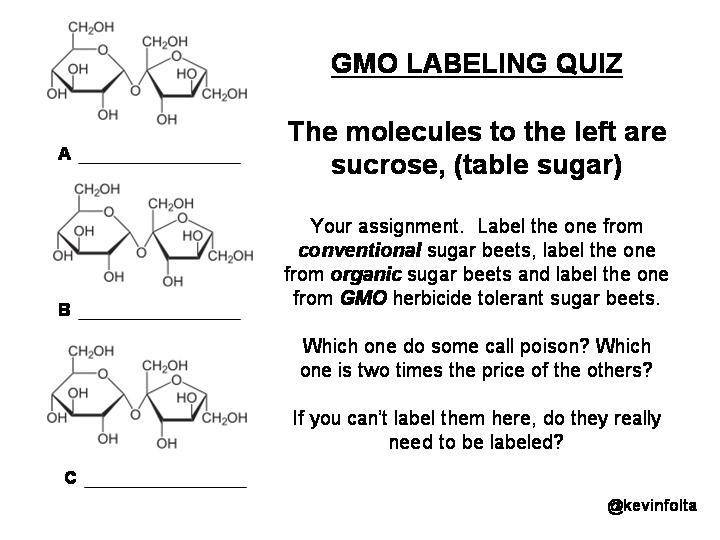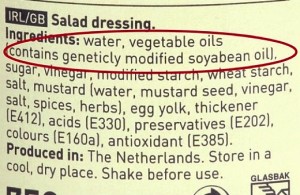By Arwen McGilvra-
I think I need to give my 2 cents on this issue that has been so hotly contended. I’m getting phone calls and mailings practically every day, and I’m sure you are too.
Here’s what it boils down to: Badly written legislation shouldn’t be passed even if you agree with the general idea behind it.
Measure 92 is so riddled with problems that even if you’d like to know what GMO ingredients are in your food it will bring you no closer to the truth. Basically the largest part of the measure is all about new forms of litigation that consumers can bring against grocers, manufacturers, and producers. It’s a lawyers dream.
So what will probably happen is that most foods will get a sticker with “May contain trace amount of GMO’s.” And then you’ll be back at square one.
This labeling measure does not tell you which ingredient is GMO or how much of the product is GMO. And it doesn’t differentiate between a processed product that is chemically identical to its non GMO counterpart.
Take biotech sugar beets for example once processed the sugar (sucrose) is chemically identical to sugar from sugar cane. In has no material in it that contains DNA or proteins. Meaning NO GENETIC MATERIAL! At the point it’s added to your food a lab would not be able to distinguish which one had come from a biotech plant. But Measure 92 would require a label for those products anyway.
Delving into the sugar issue further, you should realize that Oregon grows a lot of sugar beets, it’s a local ingredient. To switch to cane sugar means we have to bring it in from a tropical environment, maybe Hawaii but probably Latin America. The environmental impact of importing sugar is much higher than that of the local biotech equivalent.


An example of an European food label with GMO ingredients.
Quite frankly I don’t want Oregon to pass a measure that will allow lawyers open reign to sue everyone involved in bringing food to your table, and in the end not tell us anything more about our food (since Organic and Non-GMO project labels already exist to tell you what food is GMO free and most other food will end up with a nonsense label.)
If you support labeling think about supporting a national standard that, like Europe will tell you which ingredient(s) are GMO and one that only includes the ingredients that actually contain genetic material.
There are many more reasons to oppose this measure, like the fact that food costs will rise, or that since Oregon is only 1% of the consumer market some companies may decide not to ship to Oregon instead of labeling or reformatting their product. Also there are a ton of exemptions to the labeling rules which seem to be completely arbitrary.
So please vote NO on 92.

